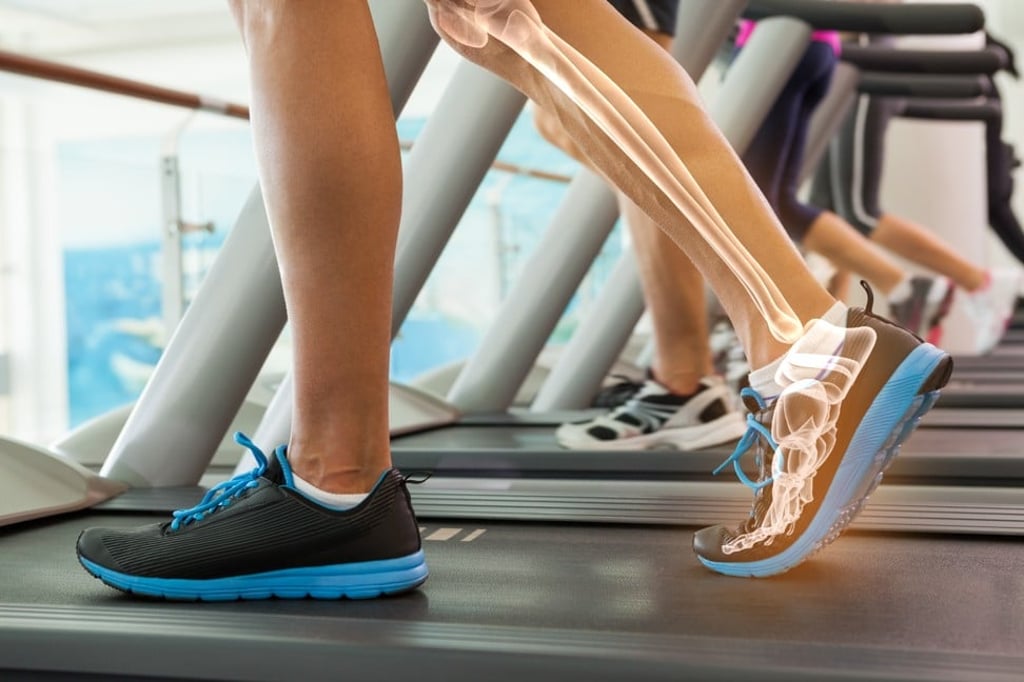Menopause could be delayed by 20 years thanks to medical procedure, researchers say
- Doctors use keyhole surgery to remove a small piece of ovarian tissue, which is then sliced up and frozen to preserve it
- The frozen tissue can be thawed out and grafted back into the body, delaying the onset of some menopause symptoms

A medical procedure that allows women to delay menopause for up to 20 years has been launched by in vitro fertilisation specialists in Britain.
Doctors claim the operation could benefit thousands of women who experience serious health problems, such as heart conditions and bone-weakening osteoporosis, that are brought on by menopause.
But the specialists believe the same procedure could also improve the lives of millions more women by delaying the onset of more common symptoms of menopause, which range from low mood, anxiety and difficulty sleeping, to hot flushes, night sweats and a reduced sex drive.
The procedure, which costs between £7,000 and £11,000 (US$8,500 and US$13,300), is being offered to women up to the age of 40 through ProFam, a UK-based company set up by Simon Fishel, an IVF doctor and president of the UK Care Fertility Group, in collaboration with other specialists.

“This has the potential to be of significant benefit to any woman who may want to delay menopause for any reason, or those women who would have taken hormone replacement therapy, and there are lots of benefits around that,” Prof Fishel says.